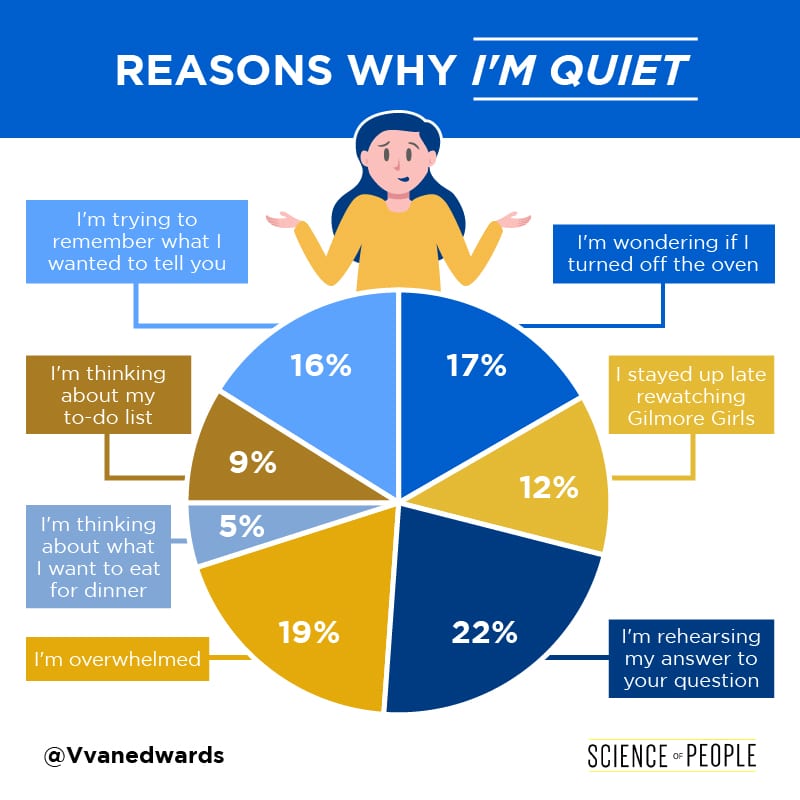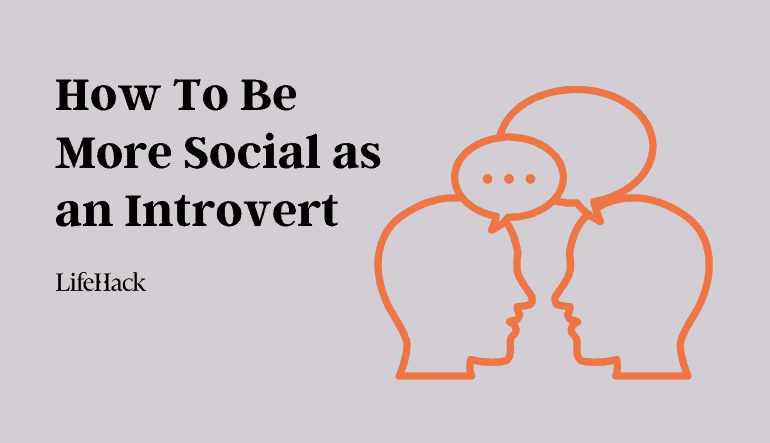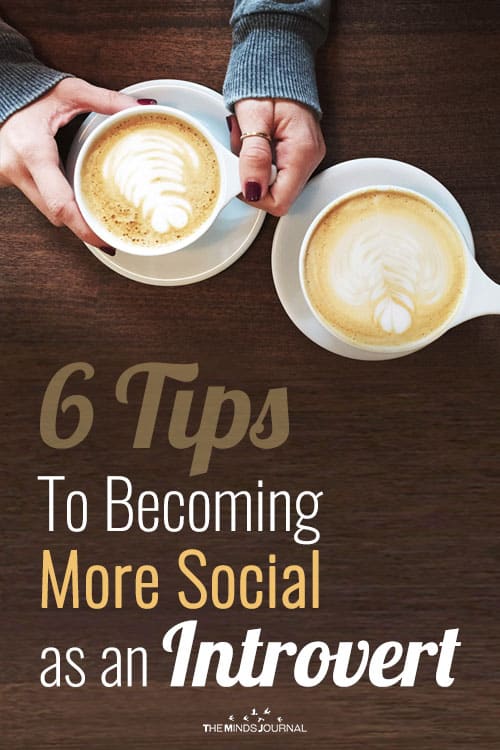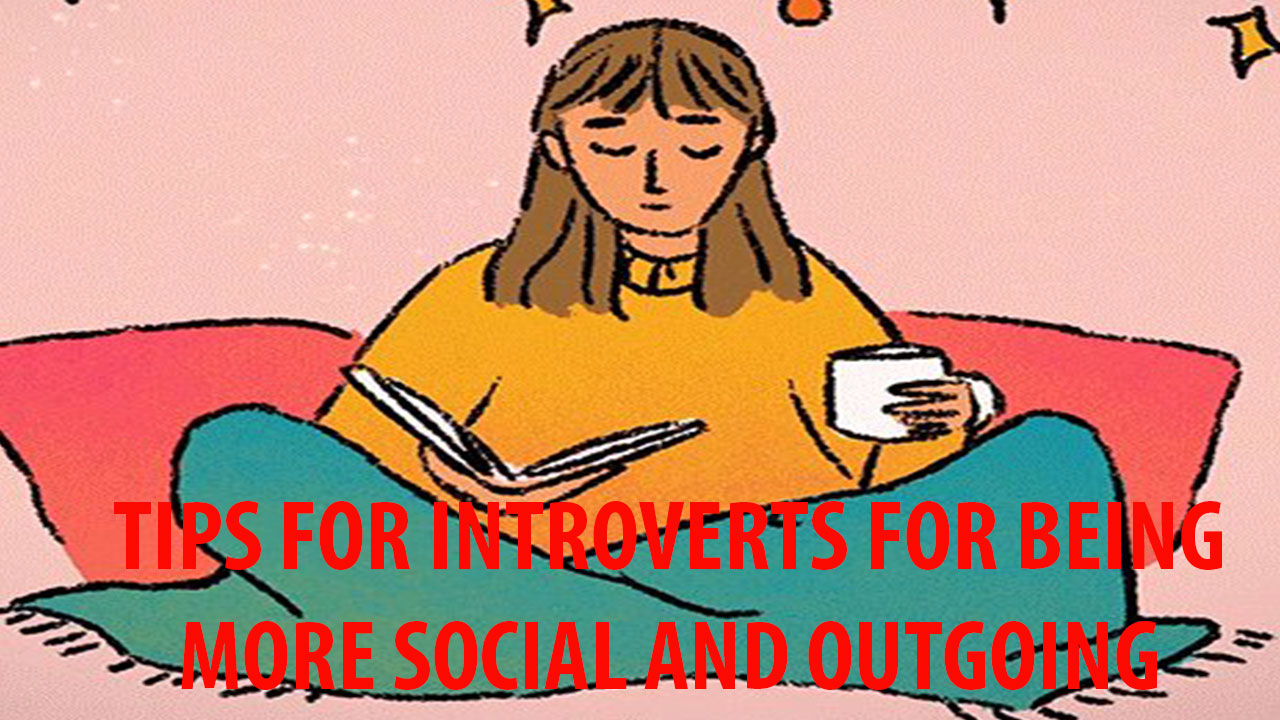How To Be More Social As An Introvert

Imagine walking into a crowded room, the murmur of conversations washing over you like a wave. Faces blur, laughter echoes, and a knot of anxiety tightens in your stomach. For many introverts, this isn't just a scenario, it's a familiar feeling. But what if navigating social situations could feel less like a chore and more like a choice?
This article aims to provide introverts with practical strategies to enhance their social lives without sacrificing their need for solitude. We will explore how to approach social interactions in a way that feels authentic and energizing, rather than draining, using expert insights and relatable experiences.
Understanding Introversion
It's crucial to first understand that introversion isn't shyness or social anxiety. It's a preference for calmer, less stimulating environments. As Susan Cain, author of "Quiet: The Power of Introverts in a World That Can't Stop Talking," explains, introverts recharge through solitude, while extroverts gain energy from social interaction.
Recognizing this difference is the first step to building a social life that works for you. According to a study by Harvard Business Review, understanding your own needs and preferences is crucial for effective communication and building strong relationships.
Small Steps, Big Impact
Start small. You don’t have to suddenly become the life of the party. Instead, focus on building deeper connections with a few people.
Begin with one-on-one interactions. Invite a colleague for coffee or a neighbor for a walk. These more intimate settings allow for deeper conversations and can be less overwhelming than large gatherings.
Pre-Social Strategies
Preparation is key. Before attending a social event, mentally prepare yourself. Consider a few conversation starters or topics you're passionate about.
Having a mental "escape plan" can also ease anxiety. Decide ahead of time when you’ll leave or have a signal with a friend if you need a break.
During Social Interactions
Active listening is your superpower. Introverts often excel at listening. Focus on truly hearing what others are saying, ask thoughtful questions, and offer genuine responses.
This creates a meaningful connection without requiring you to be the loudest person in the room.
"Listening is often the only thing needed to help someone," says Dr. Brene Brown, a renowned researcher on vulnerability and connection.
Post-Social Recharge
Prioritize solitude. After a social event, schedule time for yourself to recharge. This could involve reading a book, taking a bath, or simply enjoying quiet time at home.
Protecting your energy is crucial for maintaining a healthy balance. Consider that an article published in the Journal of Personality and Social Psychology emphasizes the importance of self-care, especially for individuals who are sensitive to external stimuli.
Embrace Your Strengths
Introverts bring unique strengths to social situations. They are often thoughtful, observant, and empathetic. Embrace these qualities.
Don't try to be someone you're not. Authenticity is key to building genuine relationships. As Oscar Wilde said, "Be yourself; everyone else is already taken."
Finding Your Tribe
Seek out like-minded individuals. Join clubs or groups that align with your interests. This allows you to connect with people who share your passions and values.
Online communities can also be a great way to connect with others from the comfort of your own home. Don't feel pressured to force interactions with others who don't share your personality or perspective.
Conclusion
Being an introvert in a world that often celebrates extroversion can be challenging, but it's also a gift. By understanding your needs, embracing your strengths, and taking small, intentional steps, you can create a fulfilling social life without sacrificing your well-being. Remember, it’s about quality, not quantity, and finding connections that nourish your soul.


















